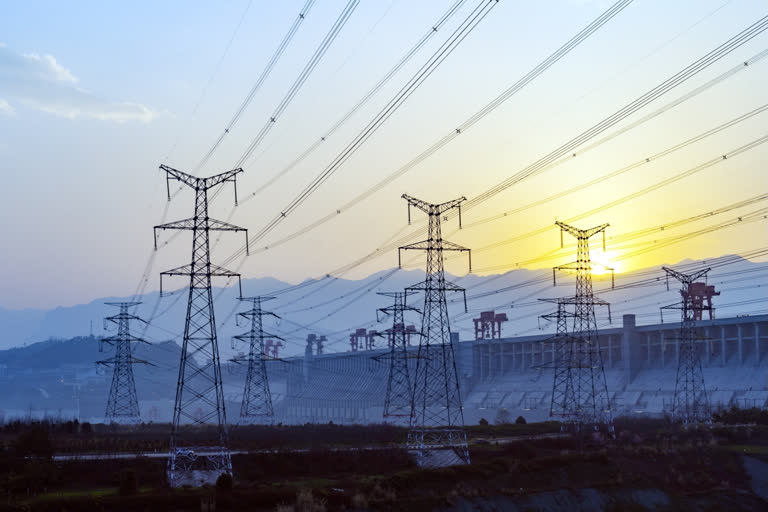Amaravati: The Andhra Pradesh Electricity Regulatory Commission (ERC) on Wednesday issued the Retail Tariff Order for 2022-23, taxing the domestic power consumers rather heavily while sparing other sectors from the hike.
Overall, according to the ERC, the power tariff hike would impact over 170 lakh consumers, "benefiting 20.76 lakh consumers from any kind of tariff hike." The tariff hike ranges from 45 paise to Rs 1.57 per unit in six different slabs only for domestic consumption. The power tariff hike triggered protests by opposition parties in the state, which demanded an immediate rollback.
The ERC called it "rationalization of the tariff structure" by merging all three existing groups in the domestic category into one group under a telescopic billing system. It said the three state-owned power distribution companies (Discoms) would be left with a deficit of Rs 10,045.61 crore even after enhancing tariffs for domestic users. Consequent to the hike that would come into effect from April 1, 2022, the Discoms would net additional revenue of Rs 1,400 crore, the ERC said.
The three Discoms projected an aggregate revenue requirement of Rs 45,398.66 crore for the 2022-23 financial year. The state government agreed to extend a subsidy of Rs 11,123.21 crore to the Discoms, with Rs 9,513 crore of it going towards free power to the agriculture sector alone. "The Discoms are in a dire financial situation with their combined losses standing at a whopping Rs 28,000 crore.
The Commission has come to the conclusion that the Discoms are no longer in a position to sustain their operations unless the tariffs for retail supply are increased," ERC Chairman Justice (Retd.) C V Nagarjuna Reddy said. The Commission, he added, has examined the possibility of increasing tariff for other categories of consumers (like industrial and commercial) "by sparing the poor and middle-class domestic consumers." "These categories of consumers (industrial and commercial) are already saddled with high tariffs. Any further increase is highly unsustainable for them," Justice Nagarjuna Reddy noted.
